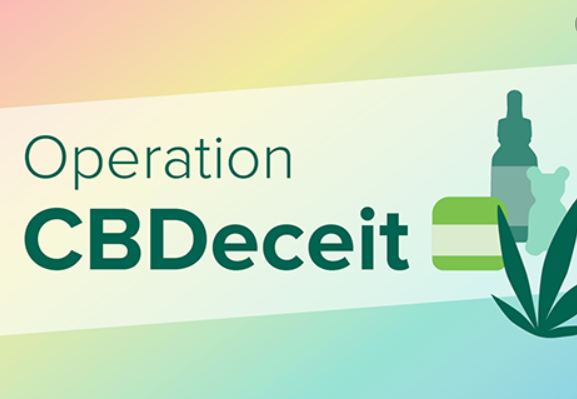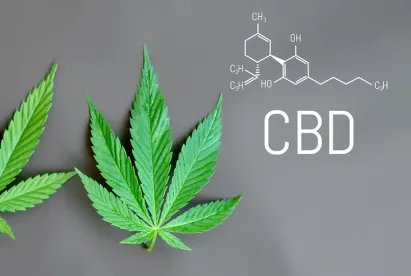The Federal Trade Commission has just announced a series of six settlements, which included individual monetary penalties, for false advertising by cannabidiol (CBD) companies. The targeted companies made claims that a variety of products containing CBD, including oils, balms, gummies, coffee, and other goods, could treat cancer, Alzheimer’s, heart disease, diabetes, and other serious ailments.
Operation CBDeceit – the first law enforcement crackdown on deceptive CBD claims – serves as a firm reminder about the restrictions on health claims in advertising. The FTC has a longstanding policy requiring that advertisers have reliable scientific evidence to support any health claims made to the public. CBD companies are no exception and must have evidentiary support for any health claims.
 The FTC’s latest slate of settlements targeted unsubstantiated health claims by CBD manufacturers, including, but not limited to, the following:
The FTC’s latest slate of settlements targeted unsubstantiated health claims by CBD manufacturers, including, but not limited to, the following:
-
“CBD Oil has been medically proven to positively regulate your ECS [endocannabinoid system] affecting issues such as anxiety, insomnia, chronic pain, hypertension and even cardiovascular issues.”
-
“CBD may make chemotherapy more effective and increase cancer cell death without harming normal cells.”
-
“The cannibinoids are found to have particular application as neuroprotectants, for example in limiting neurological damage following ischemic insults, such as stroke and trauma, or in the treatment of neurodegenerative diseases such as Alzheimer’s disease, Parkinson’s disease and HIV dementia.”
-
“Some of the top health benefits [] CBD oil has been known to cure are seizures, anxiety, depression, and cancer-related symptoms. It has even been proven to aid in substance abuse treatment and diabetes prevention.”
-
“If you or someone you love suffers from diabetes, try using CBD oil to treat it. Not only is it safer than the most common diabetes medications, but it’s also more effective. CBD oil can prevent diabetes and obesity, treat insulin resistance, and help with the chronic skin sensitivity that often accompanies diabetes.”
The FTC’s proposed administrative orders settling the charges do not prohibit the manufacturers from making health claims in the future. Any future prevention, treatment, or safety claims about dietary supplements, foods, and drugs, however, must be supported by competent and reliable evidence, defined as randomized, double-blind, placebo-controlled human clinical trials to support the claims.





 />i
/>i

